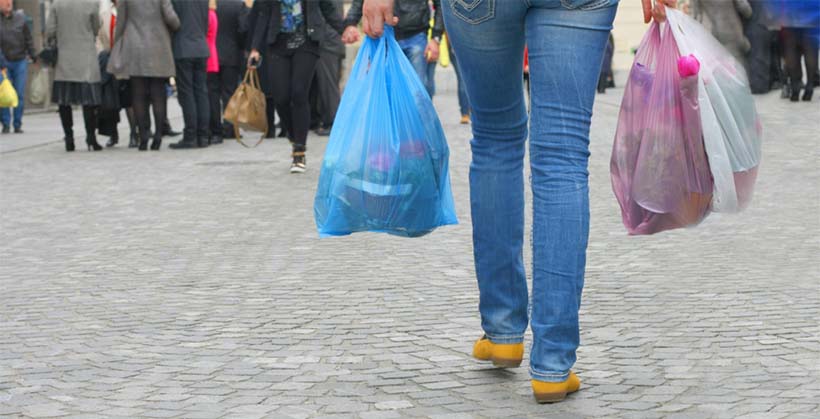Plastics Industry Still Pushing For a Halt to California’s Prop 67 Statewide Bag Ban
Single-use plastic bag bans have been gaining momentum lately, and bans are popping up in cities all over the U.S. (and the world – check out our bag ban map (link atop this page) to learn more about the bag ban movement!). From the beginning, the plastics industry has fought the bag ban movement and California has long been the primary battleground. Over 100 cities and counties within the state of California have already passed local laws banning or implementing fees on disposable plastic bags, and 2 years ago Governor Jerry Brown signed Prop 67, which bans single-use plastic bags and levies a 10-cent fee on paper bags in any area not already impacted by a local ban. Even before Prop 67 was signed, there was resistance from the plastics industry. This resistance ultimately led to the ban being put on hold, and as the November 8 election draws near plastic manufacturers are rallying to put an end to Prop 67.
Helix Poly Leading the Charge Against a Statewide Ban
One of the largest manufacturers of disposable plastic bags, Helix Poly is at the forefront of the efforts to stop plastic bag bans. It is estimated that the statewide California ban would reduce disposable plastic bags by 5.3 billion per year. This represents a significant amount of business for the plastics industry, so that is their motivation for fighting the ban. Through legal maneuvering, the plastics industry was able to get the matter of the California ban put on hold until voters decide the issue on the November ballot.
Plastics Industry Focused on Bottom Line and Missing the Point of Bag Bans
The purpose of the ban is to reduce all of the negative impacts caused by single-use plastic bags. Reducing the use of disposable plastic bags, in turn, reduces the negative impacts. Plastic is a nonrenewable resource, and it does not safely break down, or biodegrade. Disposable plastic bags are recyclable; however, recycling rates are extremely low. Due to the thin film-like structure of disposable plastic bags, they can be tricky for recycling facilities to process. This leads to not all recycling programs accepting disposable plastic bags. Since it is difficult for consumers to hand their plastic bags off for recycling, very few of the bags handed out end up being recycled. The majority are repurposed as garbage bags or used to pick up pet waste, and they end up in landfills, or they end up as litter.
Since the bags are not recycled into new bags, that means even more nonrenewable resources are used to create even more single-use plastic bags. Disposable plastic bags are also a danger to animals and their habitats. Animals can easily mistake plastic bags for food (the plastic enters our food chain), or become tangled in bags; both situations can lead to death. If disposable plastic bags were responsibly managed they wouldn’t be a problem, but that is just not the case.
Moving Forward with Plastic Bag Bans and Reusable Shopping Bags
Disposable plastic bag bans are proven to increase the use of reusable shopping bags. Reusable bags are a viable solution because they eliminate the need for single-use disposable bags, and therefore reusable bags also eliminate the negative environmental impact of plastic bags.
Rebecca Taylor, a UC Berkeley Ph.D. candidate who has researched bag laws believes that “it’s not just the disposable bags that we should be thinking about; it’s the reusable bags that we want people switching to.”
If reusable bags are more accessible and less expensive, shoppers will be more apt to use them. Bag bans create an increased demand for reusable grocery bags and your brand can benefit while helping reduce plastic pollution. To create a custom reusable grocery bag, contact us today.

